Hepatic Anatomy
The liver is an irregular wedge shaped organ that lies below the diaphragm in the right upper quadrant of the abdominal cavity and is in close approximation with the diaphragm stomach and the gallbladder. The liver is a roughly triangular organ that extends across the entire abdominal cavity just inferior to the diaphragm.
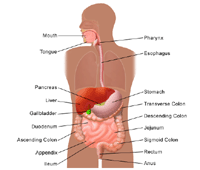 Anatomy And Function Of The Liver
Anatomy And Function Of The Liver
About 7085 of the liver volume is occupied by parenchymal hepatocytes.
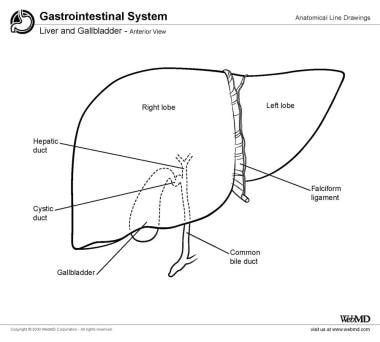
Hepatic anatomy. The liver is a large meaty organ that sits on the right side of the belly. The liver has multiple functions. The common hepatic duct transports the bile made by the liver cells to the gallbladder and duodenum the first part of the small intestine via the common bile duct.
Most of the livers mass is located on the right side of the body where it descends inferiorly toward the right kidney. It is largely covered by the costal cartilages. The liver has the general shape of a prism or wedge with its base to the right and its apex to the left see the image below.
It makes many of the chemicals required by the body to function normally it breaks down and detoxifies substances in the body and it also acts as a storage unit. Anatomy of the liver gross anatomy. Weighing about 3 pounds the liver is reddish brown in color and feels rubbery to the touch.
Nonparenchymal cells constitute 40 of the total number of liver cells but only 65 of its volume. Hepatic artery proper 25 supplies the non parenchymal structures of the liver with arterial blood. Middle hepatic vein divides the liver into right and left lobes or right and left hemiliver.
Histology the study of microscopic anatomy shows two major types of liver cell. The liver is made of very soft pinkish brown tissues encapsulated by a connective tissue capsule. Hepatic portal vein 75 supplies the liver with partially deoxygenated blood carrying nutrients absorbed from the small intestine.
Parenchymal cells and nonparenchymal cells. It is pinkish brown in color with a soft consistency and is highly vascular and easily friable. Hepatocytes heparliver cytecell are responsible for making many of the proteins protein synthesis.
This plane runs from the inferior vena cava to the gallbladder fossa. Right hepatic vein divides the right lobe into anterior and posterior segments. Functions of the liver the liver regulates most chemical levels in the blood and excretes a product called bile.
It is derived from the coeliac trunk. This is the dominant blood supply to the liver parenchyma and allows the liver to perform its gut related functions such as detoxification. Confusion surrounds the nomenclature of liver anatomy.
 Chapter 32 Hepatic Physiology Anesthesia Morgan
Chapter 32 Hepatic Physiology Anesthesia Morgan
 03 Basic Hepatic Anatomy Three Dimensional Model
03 Basic Hepatic Anatomy Three Dimensional Model
 Digestive System Anatomy And Physiology Liver Anatomy
Digestive System Anatomy And Physiology Liver Anatomy
 The Liver Lobes Ligaments Vasculature Teachmeanatomy
The Liver Lobes Ligaments Vasculature Teachmeanatomy
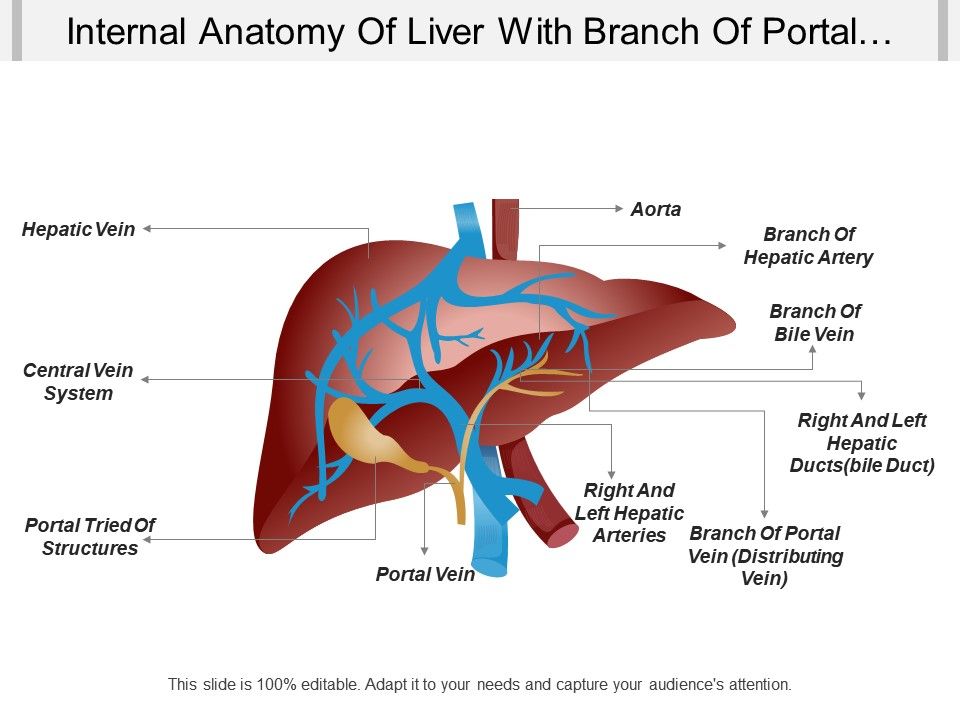 Internal Anatomy Of Liver With Branch Of Portal Vein Branch
Internal Anatomy Of Liver With Branch Of Portal Vein Branch
 Liver Anatomy Overview Gross Anatomy Microscopic Anatomy
Liver Anatomy Overview Gross Anatomy Microscopic Anatomy
 The Liver Anatomy Of The Abdomen
The Liver Anatomy Of The Abdomen
 Update On Conventional Hepato Pancreato Biliary Hpb Anatomy Infra Hepatic Anatomy
Update On Conventional Hepato Pancreato Biliary Hpb Anatomy Infra Hepatic Anatomy
 Essential Functional Hepatic And Biliary Anatomy For The
Essential Functional Hepatic And Biliary Anatomy For The
 Liver Anatomy And Function Of The Human Liver
Liver Anatomy And Function Of The Human Liver
 Liver Segmental Anatomy See Ct Of The Normal Liver Ct
Liver Segmental Anatomy See Ct Of The Normal Liver Ct
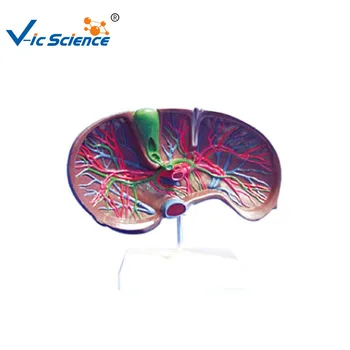 Liver And Biliary Anatomy Hepatic Blood Vessels Bile Ducts Distribution In The Liver Model Buy Liver Model Liver Anatomy Teaching Model Biliary
Liver And Biliary Anatomy Hepatic Blood Vessels Bile Ducts Distribution In The Liver Model Buy Liver Model Liver Anatomy Teaching Model Biliary
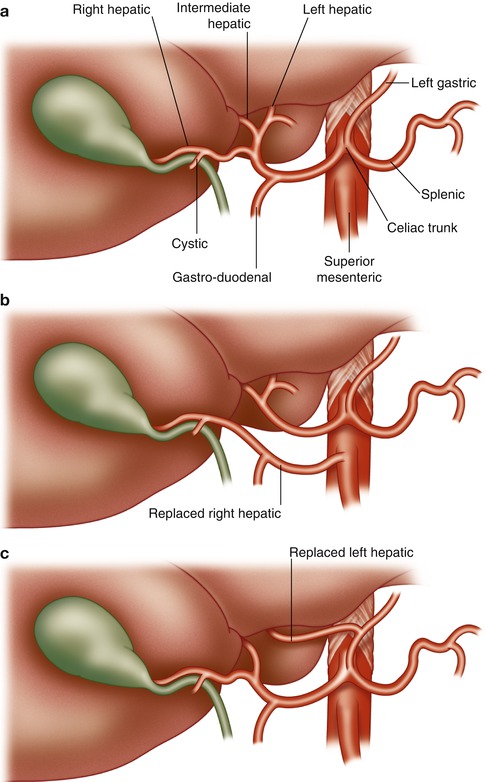 Surgical Anatomy Of The Liver Abdominal Key
Surgical Anatomy Of The Liver Abdominal Key
Notes Learning Stage Surgery Liver Anatomy Lecture 1 Vu
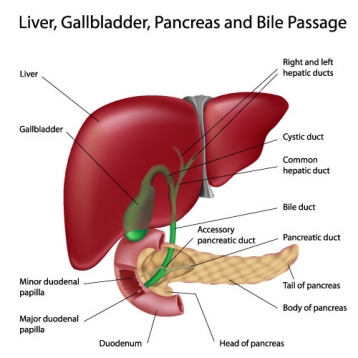 A Guide To The Liver For First Aiders Anatomy Physiology
A Guide To The Liver For First Aiders Anatomy Physiology
Liver Anatomy Figure 21 19 The Hepatic Portal System Ppt
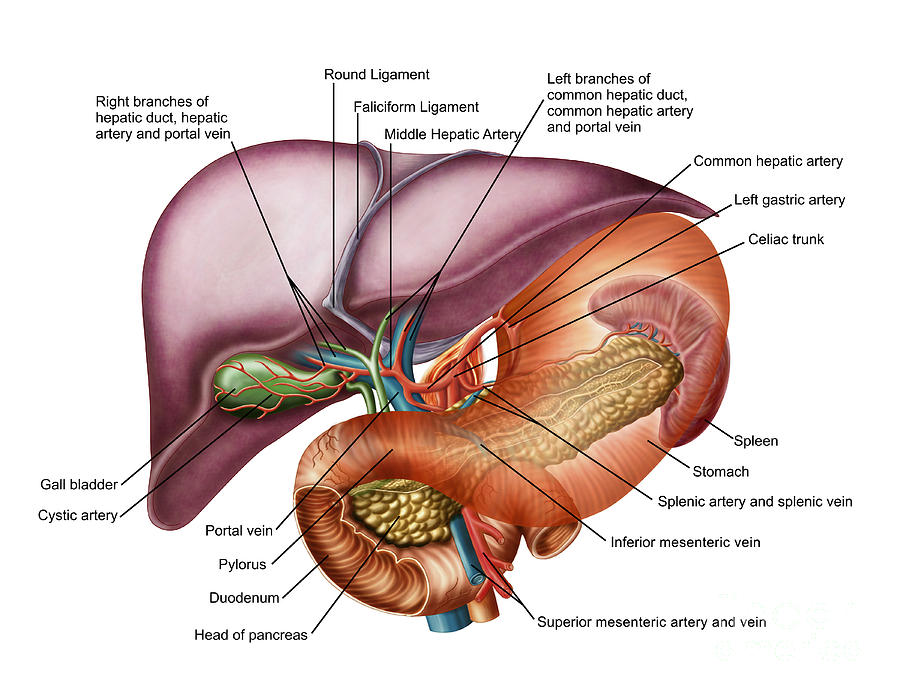 Anatomy Of Liver Antero Visceral View
Anatomy Of Liver Antero Visceral View
Hepatic Physiology And Functional Anatomy
:background_color(FFFFFF):format(jpeg)/images/library/11959/the-gallbladder_english.jpg) Liver And Gallbladder Anatomy Location And Functions Kenhub
Liver And Gallbladder Anatomy Location And Functions Kenhub
 Accessory Organs In Digestion The Liver Pancreas And
Accessory Organs In Digestion The Liver Pancreas And

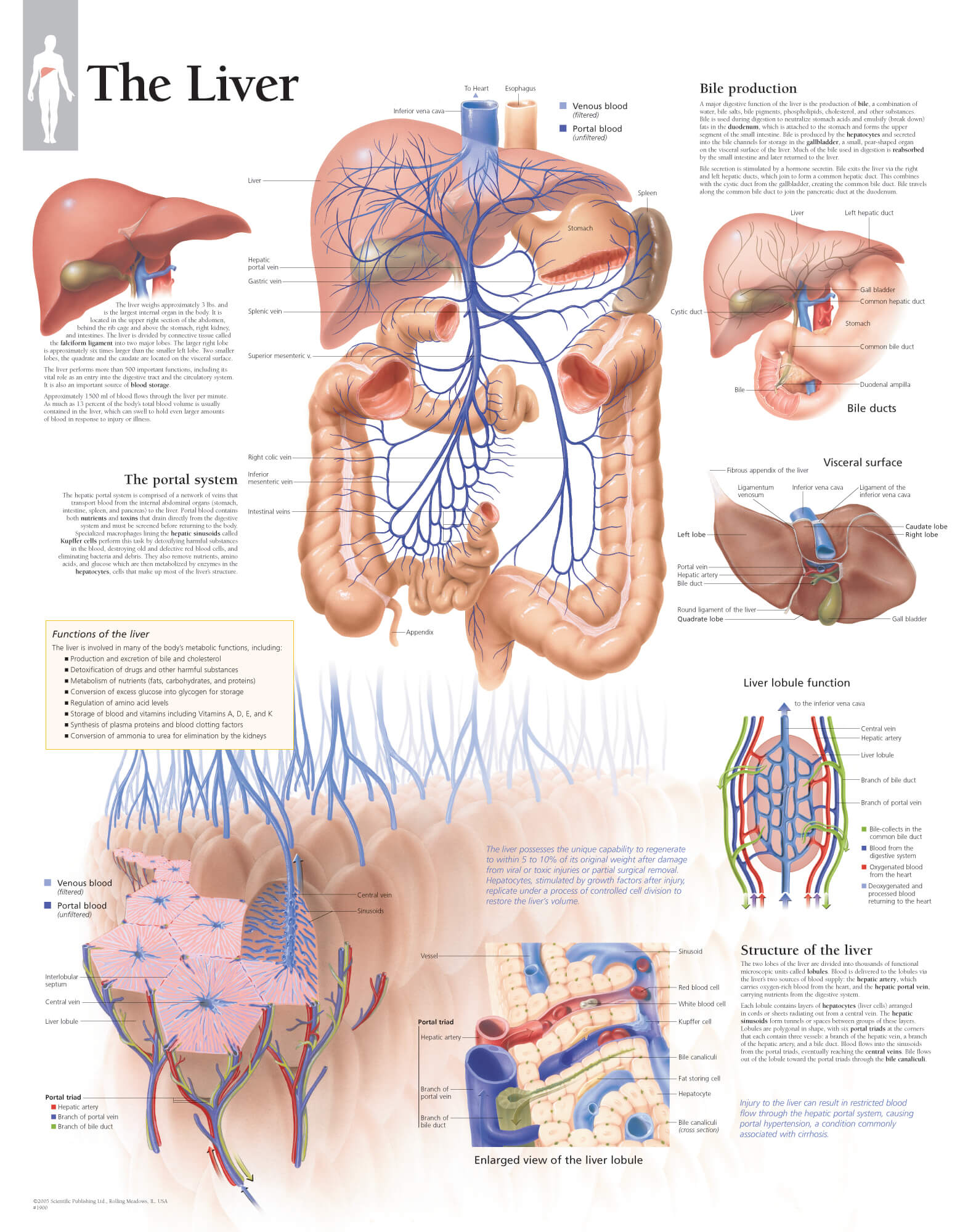
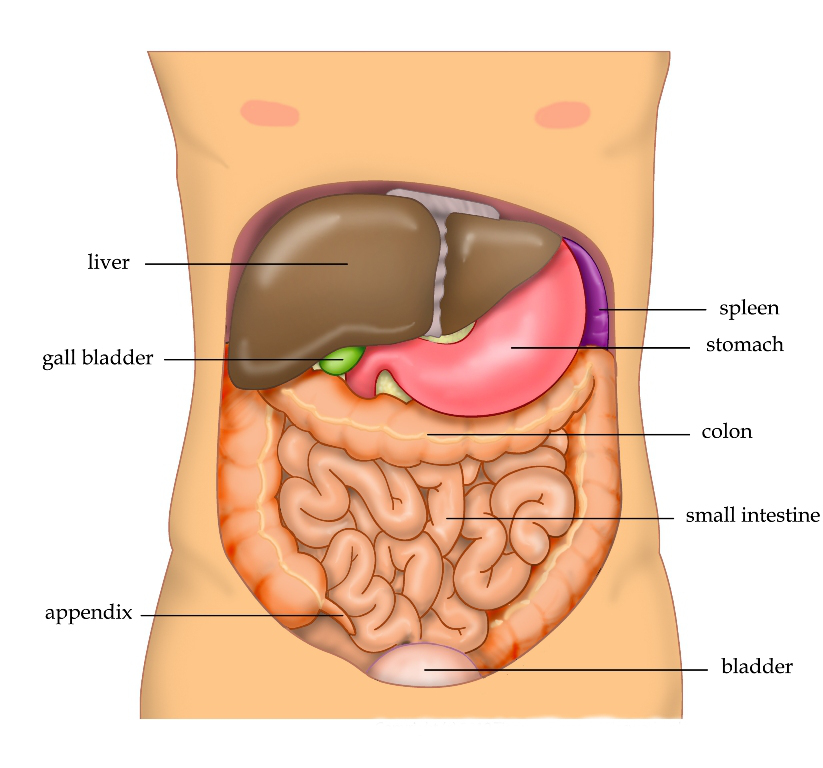
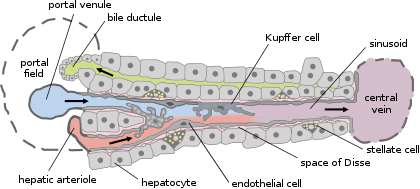
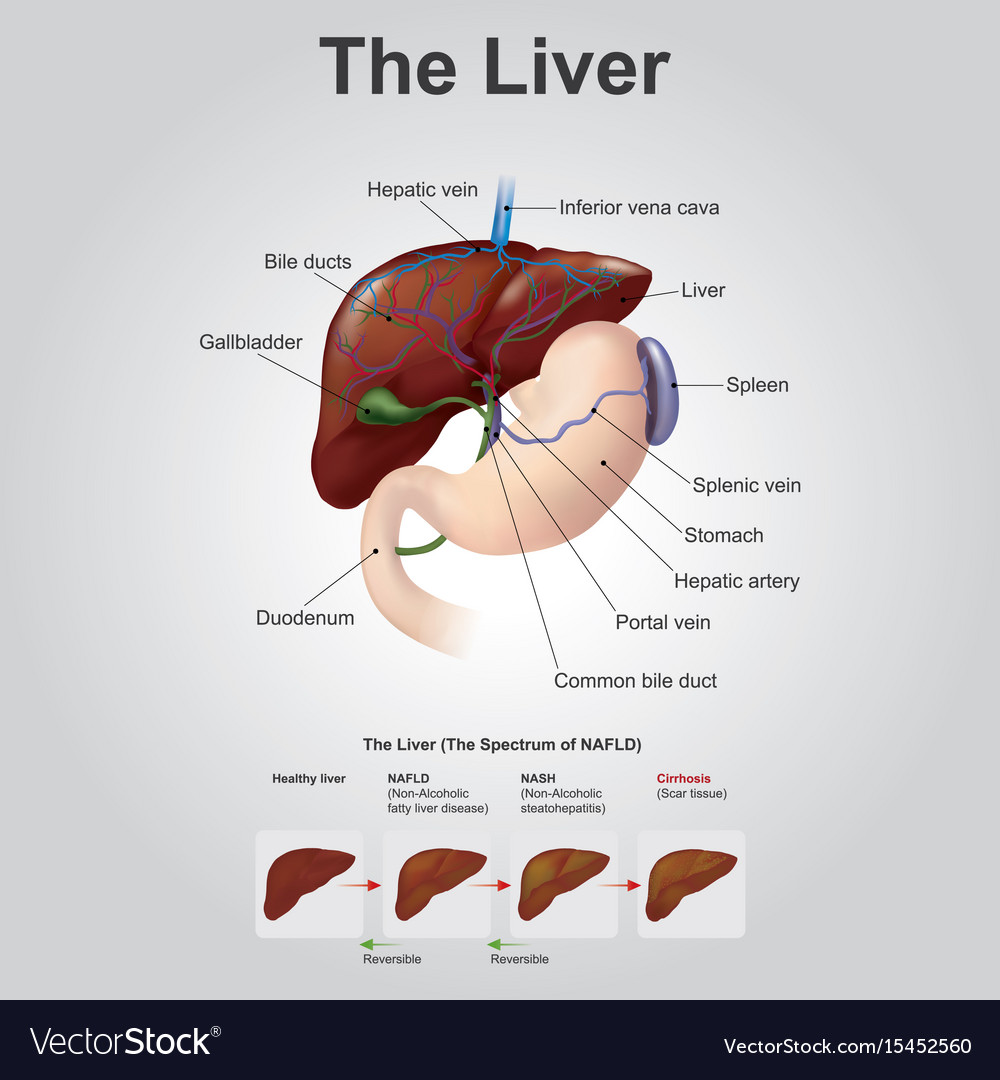
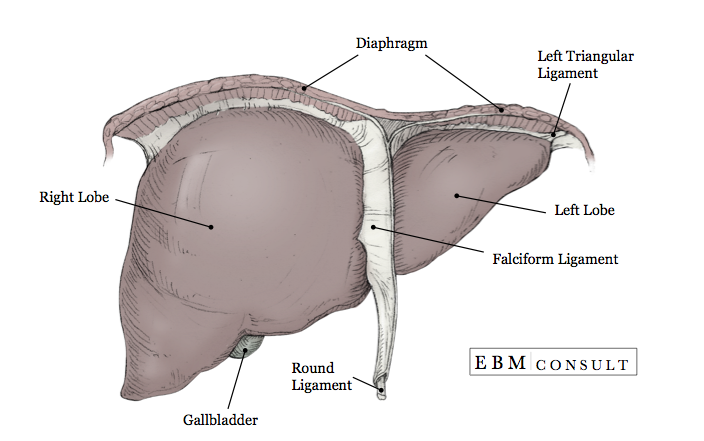
Belum ada Komentar untuk "Hepatic Anatomy"
Posting Komentar